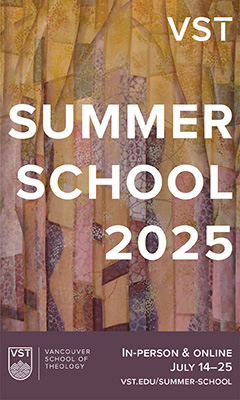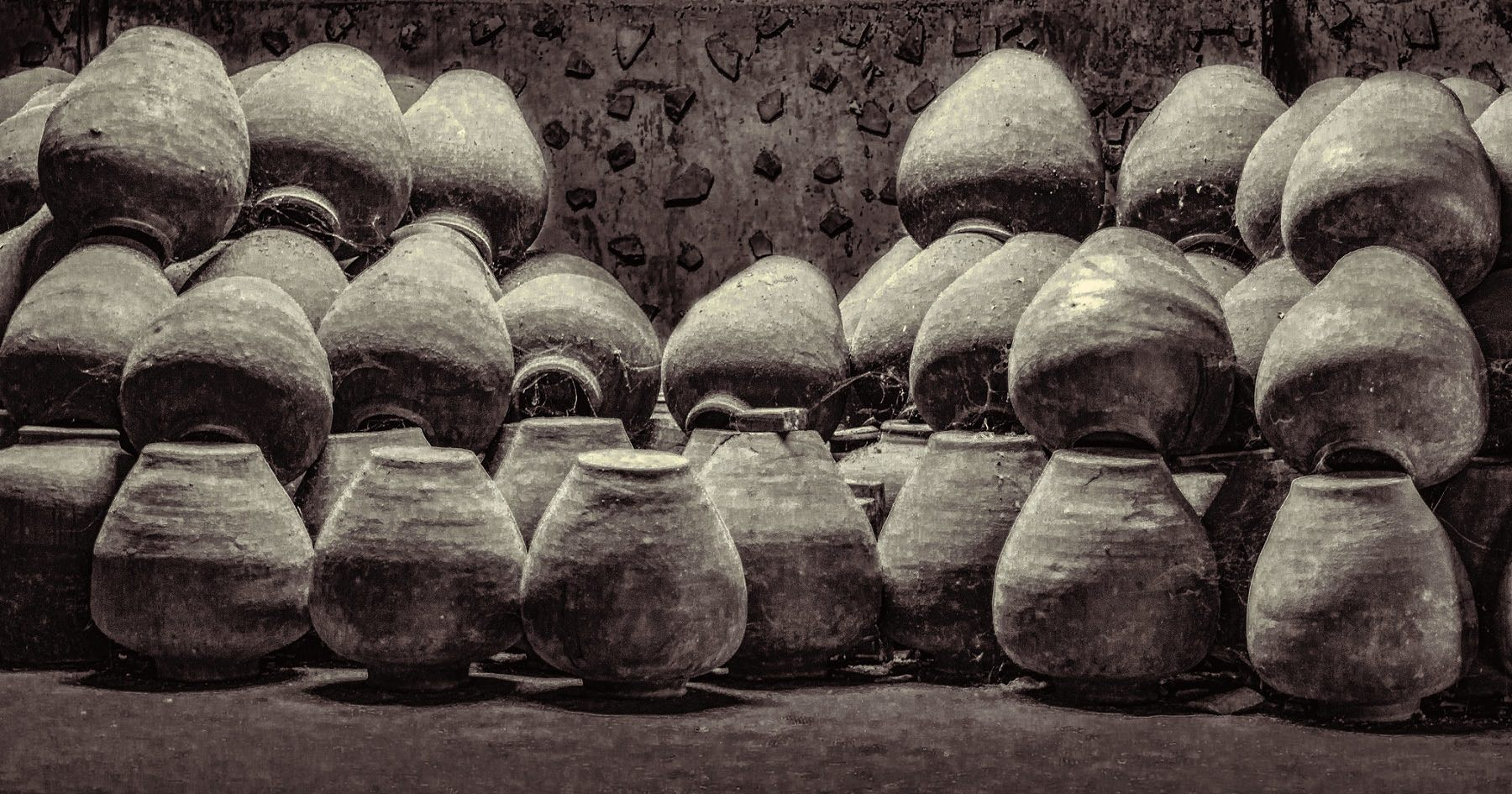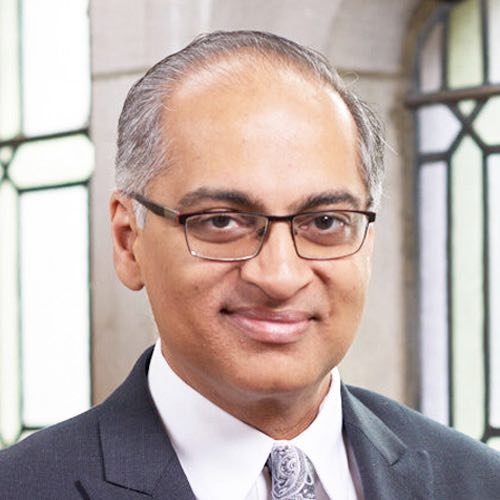Few questions are harder than asking, How do we serve as caretakers of broken institutions that, nonetheless, bear within them a healing treasure? While the church is not the only institution forced to grapple with this question, the church has a special obligation to contend with its own history of violence and betrayal. Why? Because, unlike most other institutions, it maintains, “But we have this treasure in earthen vessels, to show that the transcendent power belongs to God and not to us.” (II Corinthians 2:7; KJV) We maintain that we hold something divine in the midst of our all too human structures.
So, what exactly is that treasure, and what are the transient earthen vessels? If we could answer that question, perhaps we’d be willing to have those earthen vessels broken and fashioned afresh.
The trouble is that few Christians, across denominations or within them, could come to a consensus on where to draw that distinction between the essential and the transitory. What about our church buildings? Our liturgies? The episcopacy? Our theologies? What about the Bible itself? Are these the treasures or the earthen vessels? How do we decide?

But first, a more troubling but all too real possibility: if careful questioners decide that it’s poison all the way down, then a rapid exit out the church door is an honest course of action. Many have made that call: generations of homophobia, exclusivist missionizing that seeks to erase religious diversity and even genocide have led many of good conscience to conclude that the church is beyond saving. Can we blame them?
As for those who chose to remain, we would be complicit in further violence if we attempted to padlock the churches’ doors to prevent mass exodus. Any attempt to constrain people into remaining against their will would be both foolish and futile. It would also amount to an act of faithlessness: to believe in the power of the spirit must mean that we cannot imagine that She can be found within the walls of the church alone. We are best advised to repent and mourn, and entrust those who leave to the Holy who is, at any rate, not at our disposal. Given the levels of trauma suffered by many who are leaving, there is likely no coming back.
As for the rest of us, courageous discernment is the work of the hour. We stay because we still hope to discern treasure in this broken place. Only the metaphor of treasure in earthen vessels is far too neat for the task at hand. Perhaps the metaphor of distilling out what is lifegiving from a cocktail containing both poison and cure is more apt. Consider the following example: most Christians, myself included, place enormous confidence in the Bible as containing God’s word. But we now recognize, to use Phyllis Trible’s term, that the Bible contains many “texts of terror.” There really are passages that can be read to authorize the subservience of women and the continuance of slavery, and that underwrite anti-Judaism. An uncritical trust in the Bible is dangerous and can lead to further abuse. Clearly, this business of finding the treasure is complex indeed.
Moreover, each of us may find the treasure in distinct strands of our vast 2000-year-old global tradition. For me, the treasure rests in Christian tradition’s confession that Jesus is the embodiment of divine love. Love became flesh and bone so that flesh and bone can become transfigured wholly into love. As the ancient church fathers and mothers put it: “God became human so that the human might become divine.” That’s the gospel in a nutshell for me. What is it for you? The tradition is vast and its resources multiple; my answer need not be yours.
Turning to Jesus’ being and doing as the key to finding treasure, I am prepared to assess the whole of the tradition, even its most prized possessions, to see where it keeps faith with the Nazarene’s table-turning justice-seeking love and where the tradition falls radically short. The church exists to keep his memory alive — “Do this in remembrance of me” — and to continue his work of embodying love. To be the body of Christ — that is our reason for existing; everything else is ancillary. Because I am claimed by this good news, I am not free to jettison it. It has hold of me, not the other way around. Everything else? Well, that is a matter of hard-nosed and painful negotiation.
Might we need to surrender our church buildings? Many communities have already been forced to do so. Will it mean revising our liturgies? Theologians and liturgists within the Episcopal church have recently crafted a new Good Friday liturgy that seeks to remove the older version’s anti-Judaism. Interreligious theologians are already at work doing just that. Extend God’s love to more-than-human creatures and not just human beings; ecotheologians are on it.
A final note: there is something shortsighted about imagining that leavers and remainers are just individuals making personal choices like consumers in the marketplace picking one brand over another. Cultural shifts, economic pressures on families in which both partners have to work and complicated histories of wounding and healing are also at work.
Still, those who stay seek to claim a treasure that we are claimed by; we do not know ourselves apart from that treasure. We cannot bring ourselves to jettison the church despite its egregious and wounding history — not because we are uncritical loyalists but because we are claimed by a love that will not let us go. In the name of that love, we hope to topple every idol that would possess and disfigure our souls, whether those idols are housed inside the church walls or outside it.
To be clear, those who leave do so also in the name of love if not basic decency; their outrage too is fueled by ethical fire. Their leaving too is not just a matter of individual decision making but a matter of being claimed by moral urgency or the elemental impulse to survive. The decisive question is whether those who stay might recognize those who have left as prophetic voices whose pain and passion often give them laser-like vision to spot the sacred cows to which we insiders still stubbornly cling. Our very survival depends on our capacities to listen and learn lest we repeat the violent traumas of the past.
This piece was written in conversation with Kate Newman.



